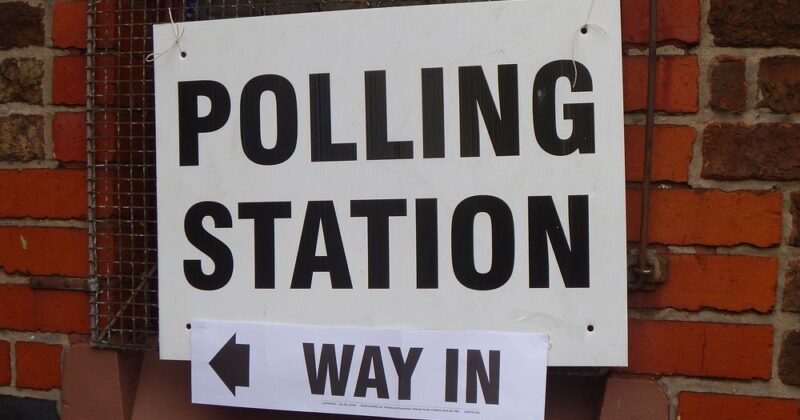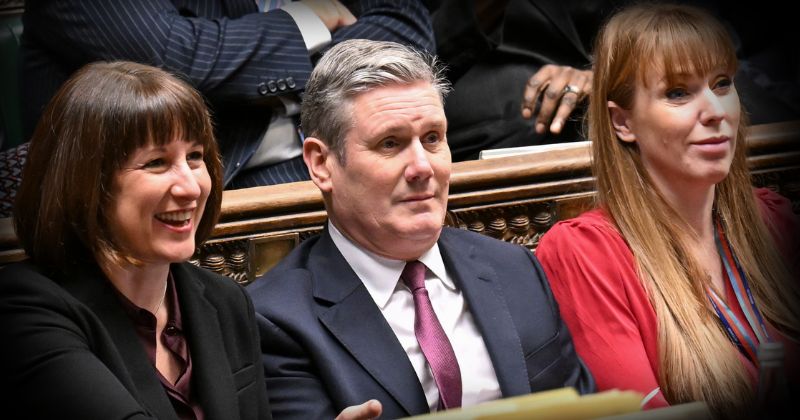UK Economy: the Great Depression
 Britain is experiencing “the deepest recession and weakest recovery for 100 years,” according to Michael Saunders, an economist at Citigroup.
Britain is experiencing “the deepest recession and weakest recovery for 100 years,” according to Michael Saunders, an economist at Citigroup.
Output has not recovered even half of what it lost in the great crash of 2008-09 and the economy has flatlined over the past year, and has started to contract again with a 0.2 per cent drop in GDP in the first three months of this year. The UK has now joined seven other European Union countries, including large economies like Italy, Spain and the Netherlands, in a double-dip recession.
It must now be clear even to the many apologists for capitalism, who lamely complain that some of the Office for National Statistic figures are “rogue”, that this is a historic crisis of the system itself.
The facts speak for themselves. The service sector, which accounts for three-quarters of the economy, is bumping along the bottom, with business and financial services actually dipping in and out of recession.
Manufacturing is no longer growing, as its export markets are likewise suffering from recession and the relatively strong pound is not making industry competitive.
Construction has suffered a sharp fall, down nearly 5 per cent. While millions languish on council and housing association waiting lists and thousands of builders are on the dole or on short contracts, the fall in new builds is criminal. But the market dictates – and with house prices falling, sales are slow.
Banking crisis
Underlying all this is the continuing banking crisis. Financial institutions continue to hoard money – even that which was effectively given to them by the government in various rounds of “quantitive easing”.
Business analysts Ernst & Young expect 1.9 per cent of corporate loans not to be paid back (because the companies will go bankrupt,for example) and new loans will contract this year by 6.8 per cent (on top of a 6.1 per cent drop last year). Lending to businesses will not recover before 2016 while “insolvencies rocket to levels not seen since the 1990s,” its widely read report says.
But it is the working class that continues to bear the brunt of a crisis they did not cause.
At 2.65 million, the jobless rate is historically high. On top of this many thousands of full-time jobs have been replaced by part-time posts and “self employment”, neither of which offer the income or security workers need.
Wages have risen on average by 1.1 per cent in the past year, compared with inflation running at 3.5 per cent – a 2.4 per cent drop in real incomes.
Yet the cuts keep coming. Right wing Tories are asking for more and more austerity but as TUC leader Brendan Barber told the BBC, “94 per cent of the cuts announced so far have yet to be implemented”.
We have to demand of Barber, the union leaders and the resurgent Labour Party that they take action to defend jobs, wages and services here in the now. And if they won’t fight, we must launch the battle without them We did not cause this crisis and it is not fair that we should pay for it. Enough is enough – time to unite and extend the resistance.






